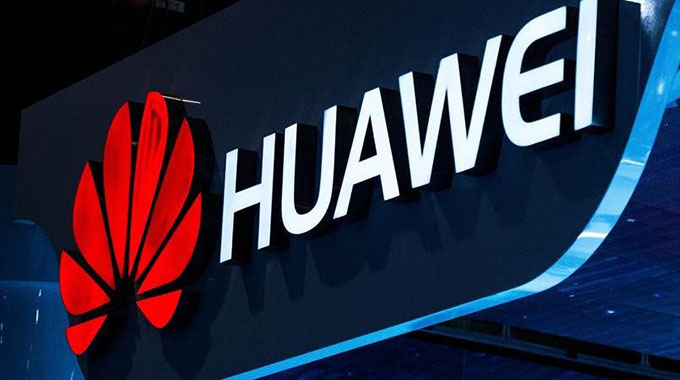Huawei promises to bridge the digital gap

Talent Bope Herald Reporter
Huawei, a leading global provider of Information Communication Technology (ICT) infrastructure and smart devices has committed to bridge the digital gap in Zimbabwe, without leaving anyone behind.
In a statement, Huawei Southern Africa Region president Mr Leo Chen said they were determined to cement the digital linkages through integrated solutions across four key domains – telecom networks, IT, smart devices and cloud services.
“We are committed to bringing digital to every person, home and organisation for a fully connected, intelligent world,” said Mr Chen.
“Through open collaboration with ecosystem partners, we create lasting value for our customers, working to empower people, enrich home life, and inspire innovation in organisations of all shapes and sizes.”
Mr Chen said Huawei focuses on customer needs and invest in research and technological breakthroughs.
“We invest heavily in basic research, concentrating on technological breakthroughs that drive the world forward,” he said.
The technological giant was founded in 1987 and is now operating in various countries, employing almost 200 000 workers across the globe.
Mr Chen said their motive was now to remedy the disruptions caused by Covid-19, which has seen people working from home with the thrust to contain the global pandemic.
“As we have seen, the pandemic has caused economic and social devastation and changed the way we live, work, study and socialise, bringing about an era of social distancing,” he said. “One of the most significant changes are the acceleration of digital transformation.
“African policymakers have realised that access to broadband is critical for mitigating the effects of the pandemic and boosting economic recovery in the post-Covid-19 era. With changes in people’s behaviours and mindsets, broadband will also continue to provide opportunities for African countries to leapfrog obstacles to sustainable and inclusive socio-economic development.”
Mr Chen said the initiative was now bearing fruit in the Sub-Saharan countries, while contributing billions of United States dollars to public funding.
“The benefits of growing internet accessibility and access are obvious,” he said. “In 2019, in Sub-Saharan Africa, more than 650 000 jobs were supported directly by the mobile ecosystem and more than 1,4 million informal jobs in 2019.
“It also contributed more than US$17 billion to public funding through the course of the year. The International Telecommunication Union (ITU) has also established that a 10 percent increase in mobile broadband penetration in Africa would generate an increase of 2,5 percent in GDP per capita.
“That’s to say nothing of the benefits that better and more affordable mobile internet can have on education, healthcare, and government services.”
Mr Chen said the responsibility was a collective one, adding the firm has since launched various projects backed by a number of initiatives.
“Of course, the responsibility to create access doesn’t lie with government alone,” he said. “Corporates also have a role to play. At Huawei, we recognise this and have backed a number of initiatives that aim to help grow access in areas where it’s needed most.”










Comments